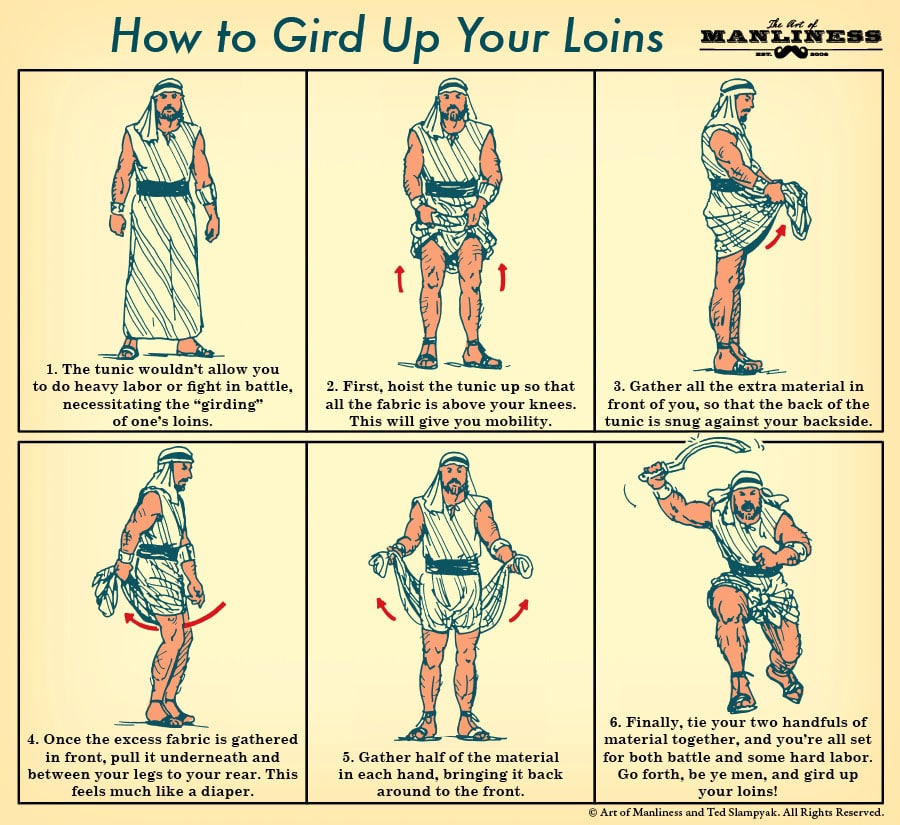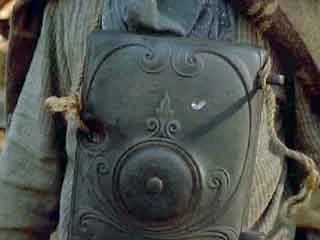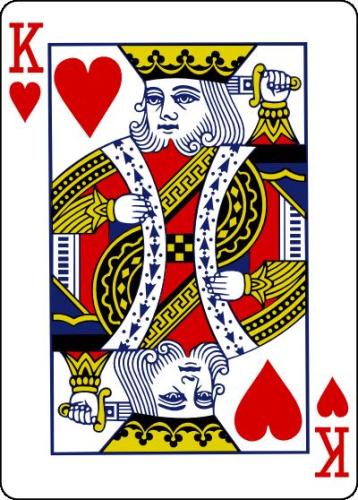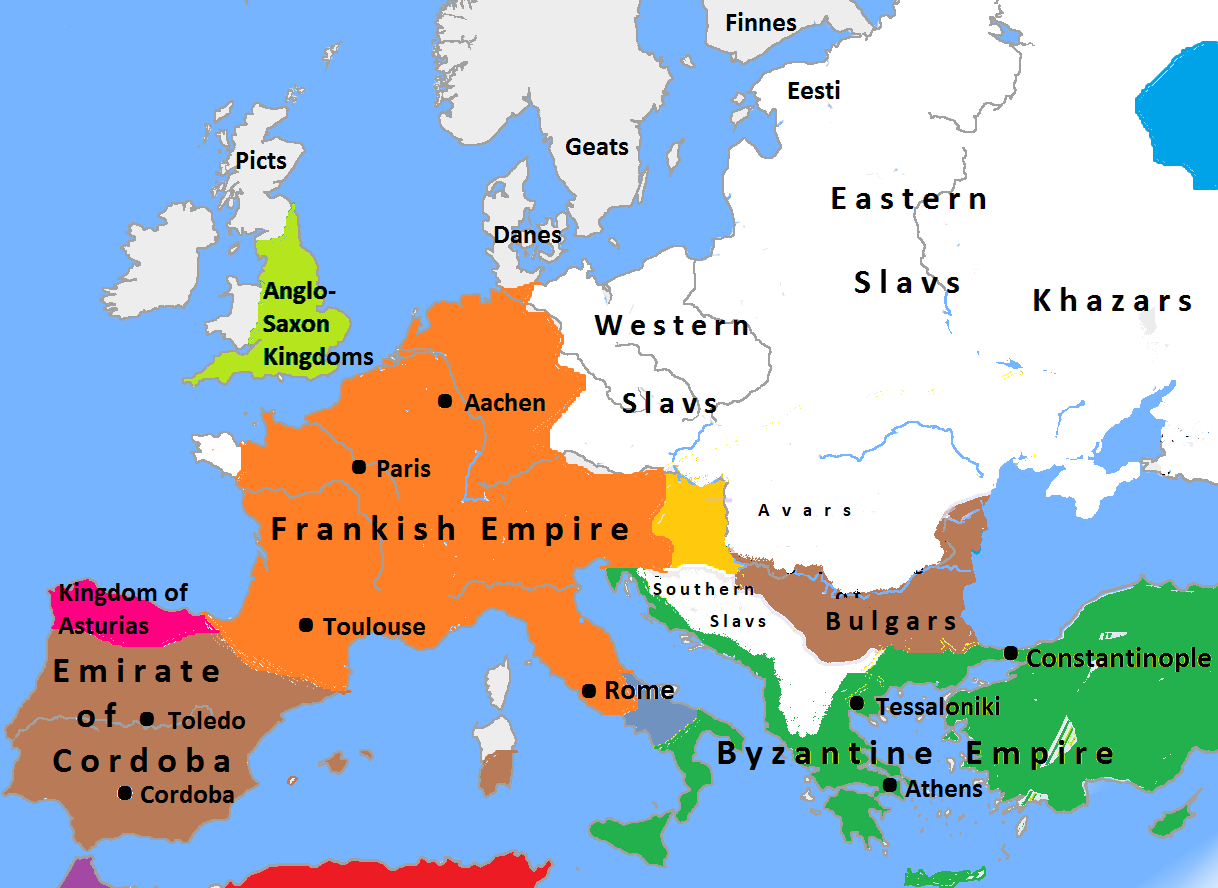Long Live The King
Its the last day of the year. People become quite introspective are "big" dates like this. Especially a change in the calendar, since it represents a dawning of a new era. Many will make resolutions for improvement in the upcoming months. They will reflect on the events of the year. All the changes, both in the world and themselves.There shall come forth a shoot from the stump of Jesse, and a branch from his roots shall bear fruit. And the Spirit of the LORD shall rest upon him, the Spirit of wisdom and understanding, the Spirit of counsel and might, the Spirit of knowledge and the fear of the LORD. And his delight shall be in the fear of the LORD. He shall not judge by what his eyes see, or decide disputes by what his ears hear, but with righteousness he shall judge the poor, and decide with equity for the meek of the earth; and he shall strike the earth with the rod of his mouth, and with the breath of his lips he shall kill the wicked. Righteousness shall be the belt of his waist, and faithfulness the belt of his loins. Isaiah 11:1-5(or)Now when the king lived in his house and the LORD had given him rest from all his surrounding enemies, the king said to Nathan the prophet, "See now, I dwell in a house of cedar, but the ark of God dwells in a tent." And Nathan said to the king, "Go, do all that is in your heart, for the LORD is with you." But that same night the word of the LORD came to Nathan, "Go and tell my servant David, 'Thus says the LORD: Would you build me a house to dwell in? I have not lived in a house since the day I brought up the people of Israel from Egypt to this day, but I have been moving about in a tent for my dwelling. In all places where I have moved with all the people of Israel, did I speak a word with any of the judges of Israel, whom I commanded to shepherd my people Israel, saying, "Why have you not built me a house of cedar?"' Now, therefore, thus you shall say to my servant David, 'Thus says the LORD of hosts, I took you from the pasture, from following the sheep, that you should be prince over my people Israel. And I have been with you wherever you went and have cut off all your enemies from before you. And I will make for you a great name, like the name of the great ones of the earth. And I will appoint a place for my people Israel and will plant them, so that they may dwell in their own place and be disturbed no more. And violent men shall afflict them no more, as formerly, from the time that I appointed judges over my people Israel. And I will give you rest from all your enemies. Moreover, the LORD declares to you that the LORD will make you a house. When your days are fulfilled and you lie down with your fathers, I will raise up your offspring after you, who shall come from your body, and I will establish his kingdom. He shall build a house for my name, and I will establish the throne of his kingdom forever. I will be to him a father, and he shall be to me a son. When he commits iniquity, I will discipline him with the rod of men, with the stripes of the sons of men, but my steadfast love will not depart from him, as I took it from Saul, whom I put away from before you. And your house and your kingdom shall be made sure forever before me. Your throne shall be established forever.'" 2 Samuel 7:1-16(A Maskil of Ethan the Ezrahite.) I will sing of the steadfast love of the LORD, forever; with my mouth I will make known your faithfulness to all generations. For I said, "Steadfast love will be built up forever; in the heavens you will establish your faithfulness." You have said, "I have made a covenant with my chosen one; I have sworn to David my servant: 'I will establish your offspring forever, and build your throne for all generations.'" Selah Let the heavens praise your wonders, O LORD, your faithfulness in the assembly of the holy ones! For who in the skies can be compared to the LORD? Who among the heavenly beings is like the LORD, a God greatly to be feared in the council of the holy ones, and awesome above all who are around him? O LORD God of hosts, who is mighty as you are, O LORD, with your faithfulness all around you? Psalm 89: 1-8I mean that the heir, as long as he is a child, is no different from a slave, though he is the owner of everything, but he is under guardians and managers until the date set by his father. In the same way we also, when we were children, were enslaved to the elementary principles of the world. But when the fullness of time had come, God sent forth his Son, born of woman, born under the law, to redeem those who were under the law, so that we might receive adoption as sons. And because you are sons, God has sent the Spirit of his Son into our hearts, crying, "Abba! Father!" So you are no longer a slave, but a son, and if a son, then an heir through God. Galatians 4:1-7[And when the time came for their purification according to the Law of Moses, they brought him up to Jerusalem to present him to the Lord (as it is written in the Law of the Lord, "Every male who first opens the womb shall be called holy to the Lord") and to offer a sacrifice according to what is said in the Law of the Lord, "a pair of turtledoves, or two young pigeons." Now there was a man in Jerusalem, whose name was Simeon, and this man was righteous and devout, waiting for the consolation of Israel, and the Holy Spirit was upon him. And it had been revealed to him by the Holy Spirit that he would not see death before he had seen the Lord's Christ. And he came in the Spirit into the temple, and when the parents brought in the child Jesus, to do for him according to the custom of the Law, he took him up in his arms and blessed God and said, "Lord, now you are letting your servant depart in peace, according to your word; for my eyes have seen your salvation that you have prepared in the presence of all peoples, a light for revelation to the Gentiles, and for glory to your people Israel."] And his father and his mother marveled at what was said about him. And Simeon blessed them and said to Mary his mother, "Behold, this child is appointed for the fall and rising of many in Israel, and for a sign that is opposed (and a sword will pierce through your own soul also), so that thoughts from many hearts may be revealed." And there was a prophetess, Anna, the daughter of Phanuel, of the tribe of Asher. She was advanced in years, having lived with her husband seven years from when she was a virgin, and then as a widow until she was eighty-four. She did not depart from the temple, worshiping with fasting and prayer night and day. And coming up at that very hour she began to give thanks to God and to speak of him to all who were waiting for the redemption of Jerusalem. And when they had performed everything according to the Law of the Lord, they returned into Galilee, to their own town of Nazareth. And the child grew and became strong, filled with wisdom. And the favor of God was upon him. Luke 2:(22-32) 33-40
David, after finally securing his kingdom, took the time to reflect. God had been good to him. Exceptionally good. The once lowly shepherd now lived in a palace, ruling the Twelve Tribes, having defeated many of their historic enemies and taking the city of Jerusalem. Yet God still was living in a tent. How could the God and Creator of the Universe dwell in a simple tabernacle?
So, in part to thank God, David wanted to build a temple for God. But God had other plans. He wasn't going to allow David to build a house, rather He would make David into the ancestor of the Temple. Not the one that would be raised by Solomon and rebuilt by Herod, but the One that would be destroyed and restored in three days.
This Temple, this shoot of Jesse, this Son of David would be given the throne. Not David's temporal throne, which even in its security would be at risk of loss, but the throne of the Most High. David believed, knowing that God was promising more than a dynasty that would rule a dusty strip of land. It was this promise that Isaiah prophesied about, and that Simeon and Anna recognized when Mary and Joseph brought Jesus to the Temple.
But David, Isaiah, and all the faithful had to wait until the right time. Simeon and Anna were waiting, patiently, for the Messiah. They weren't waiting for a restored kingdom, but a returning King.
In the readings, though, this King is not yet ready to take His throne. He is the Heir, but while still a child is under the same law and authority that we, the servants, are bound by. Only He is not shackled by it. His death would be His ascent to the throne. And now we, who are servants adopted by our Lord's Father, await His return to bring us into the inheritance promised to Him through David and Abraham.
/Crucifixion-Definition-5841eb355f9b5851e56dbb11.jpg)














